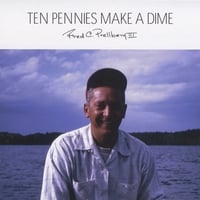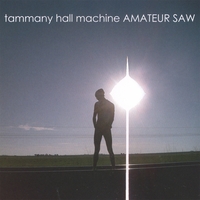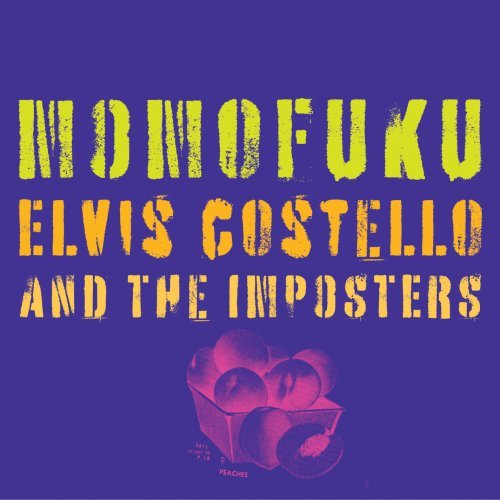 Alejandro Escovedo -- Real Animal (Back Porch/Manhattan)
Alejandro Escovedo -- Real Animal (Back Porch/Manhattan)This album has flown a bit under the radar after Escovedo’s last effort, The Boxing Mirror. That album was Escovedo’s first since he nearly died from a fatal bout of hepatitis. Getting together with producer John Cale of the Velvet Underground worked wonders, and Escovedo showed he was back and as good as ever.
Escovedo hooks up with another legendary producer for this effort. This time it’s David Bowie’s former right hand man, Tony Visconti. This combination works even better than Cale and Escovedo did.
Both Cale and Visconti are skillful string arrangers, and Escovedo has dabbled with strings for years. If anything, Visconti probably aces Cale in that department. The arrangements on this album are fantastic (and Visconti shares credit with violinist Susan Voelz and cellist Brian Standefer).
Not that this is all about arrangements. Escovedo’s songwriting is seemingly at its peak. His mix of blues, country and rock and roll, and the many influences that span those genres, is wholly his own. The music is inviting and he backs it up with smart lyrics, some big hooks, and his passionate plaintive vocals.
Even better, Escovedo has a lot to say. This album is warm, human and empathetic. His past plays a part in two tracks on the album. The words of his former Rank And File bandmates Chip and Tony Kinman spur “Chip ‘n’ Tony”. The song is rather impressionistic, with Escovedo talking about feeling like Juan Marichal and ruing the election of Ronald Reagan, with the repeated refrain of “Chip and Tony said it was against the law” weaving in and out of this clattering rocker.
“Nuns Song” is much more straightforward, as Alejandro chronicles life in the venerated Bay Area punk band the Nuns. This is a mid-tempo burner, a talking folk blues with bite and some cool string accompaniment. There are so many good lines in this song, like these which start it off: “We don’t want your approval/it’s 1978/we know we’re not in tune/we know we’ll never be great.” This song has a hard edge like Garland Jeffreys’ “Wild in the Streets”, and as good as it sounds here, it should be a real corker live.
The album strikes the right balance between the rocking material and more melodic fair. “Sister Lost Soul” is full of strumming and a little jangle and Escovedo reflects on estrangement. It’s not necessarily romantic -- this could be about a friend or a sibling. But he really keys in on the emptiness that can come from a rift. This is a very mature song.
On “Golden Bear”, a little bit of Bowie influence creeps in, in the form of a ghostly keyboard part that has a hint of “Ashes to Ashes”. The song itself is a pretty typical Escovedo number and the little touches, like the keyboard part and the ensemble vocals on the chorus (again, sounding a bit like apparitions), might have come from Visconti. Regardless, those touches make this a bit more special.
For all of the great tunes on the album, the best two are probably the first two. Track number two is “Chelsea Hotel ‘78", which features biting twangy guitars and a fuzzy bass, with Escovedo telling another story of how tough things were 30 years ago. The strings weave in and out of the smoky rock backing. And the use of backing vocals is very creative, as the backing singers sing the opposite of what Escovedo is singing in the chorus. When he sings “it makes no sense” they sing “it makes perfect sense”, and vice versa. Trust me on this -- it’s really cool.
The album opener, “Always a Friend”, is just so damned happy. This song is about taking the good with the bad in a relationship and the melody is bright and big and the performances convey a sense of joy, tempered with wisdom. This is a song designed for anniversary celebrations: “Wherever I go/you go with me/but if I do wrong/take the master suite/I’ll take the floor/sleep in late, get your rest/I’ll catch up on mine.”
It’s interesting that some of these songs focus on happenings in the late ‘70s and early ‘80s, because the virtues of this album are pretty timeless. In other words, this album almost sounds like it could have come from that time period. But, of course, Escovedo was younger and not nearly so wise. The passion that has stamped his music since those early days still remains. It’s now part of a complete artistic package.
























